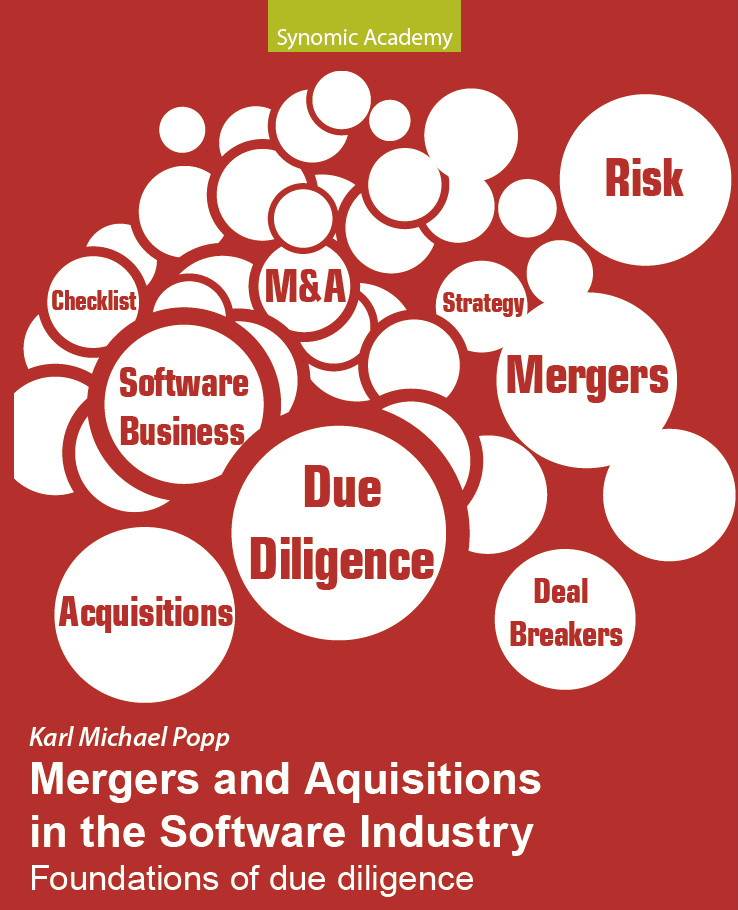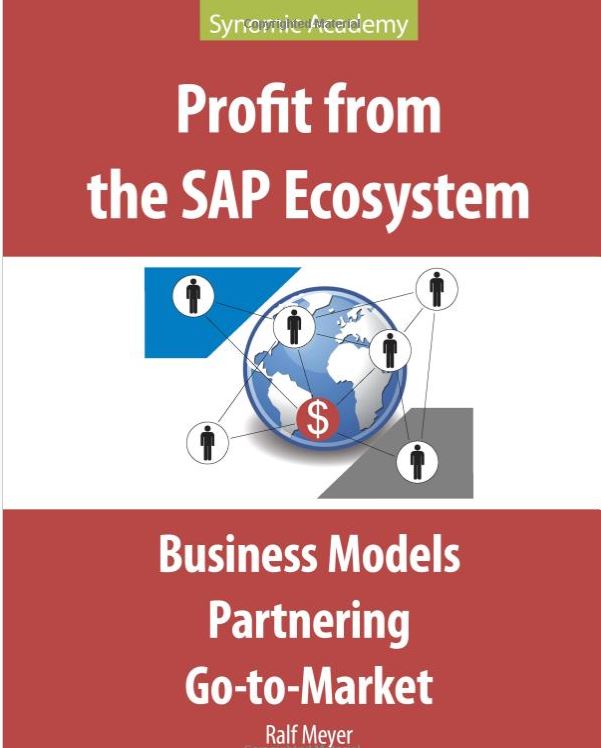Huge M&A deals: Largest Deals in the steel industry in the last 5 years
This blog is in the Top 25 M&A blogs worldwide according to Feedspot
In the continuously transforming realm of the steel sector, mergers and acquisitions have assumed a crucial function in influencing the dynamics of the market. Throughout the past five years, numerous noteworthy mergers have garnered public interest owing to their substantial scale and prospective ramifications. In this analysis, we examine in detail the five most significant mergers within the global steel industry, the underlying motivations for these transactions, their acquisition costs, and the results of the subsequent integrations.
1. Lukao Steel and Asha Industries (2019)
Acquisition Cost: $15 Billion
This seminal merger sought to establish a diversified steel manufacturing conglomerate in Asia. By uniting Asha's sophisticated production technologies with Lukao's extensive market penetration, the partnership was anticipated to bolster operational efficiencies and diminish costs. Integration initiatives were concentrated on harmonizing manufacturing protocols and supply chains, which ultimately culminated in a successful collaboration, yielding a 10% augmentation in overall production capacity.
2. Global Steel Company and Steel Dynamics Inc. (2020)
Acquisition Cost: $12 Billion
The merger between Global Steel and Steel Dynamics Inc. was oriented towards broadening their presence in North America. With a synthesis of Global Steel’s forefront position in product innovation and Steel Dynamics’ expansive distribution frameworks, the merger was anticipated to significantly amplify market share. The integration was adjudged successful, as it enabled the introduction of novel product lines that resulted in a 15% elevation in revenue within a year.
3. Tata Steel and Thyssenkrupp Steel Joint Venture (2021)
Acquisition Cost: Estimated at $5 Billion
In a tactical initiative to fortify their standing in Europe, Tata Steel and Thyssenkrupp collaborated through a joint venture that yielded operational synergies and cost reduction strategies. The objective was to establish the second-largest steel producer in Europe. Despite encountering challenges in reconciling corporate cultures, the venture reported favorable outcomes, achieving over 20% cost savings in the initial two years.
4. ArcelorMittal and Essar Steel Merger (2021)
Acquisition Cost: $7.3 Billion
This merger was pivotal in consolidating market influence in India. ArcelorMittal sought to augment its product offerings and leverage the rapidly expanding Indian market through Essar's robust local presence. The integration was predominantly successful, permitting ArcelorMittal to enhance its operational capacity in India by 6 million tons annually while simultaneously advancing local infrastructure and technology.
5. Cleveland-Cliffs and AK Steel Corporation (2020)
Acquisition Cost: $1.1 Billion
Cleveland-Cliffs, recognized as the preeminent flat-rolled steel producer in North America, acquired AK Steel to broaden its product array and downstream capabilities. The integration proceeded smoothly, emphasizing shared resources and optimized supply chain management. The outcome was advantageous, with a reported enhancement in efficiency and a 9% increase in product output within the inaugural year.
In conclusion, the preceding five years have witnessed considerable mergers within the global steel industry, propelled by the necessity for operational efficiencies, market proliferation, and technological progressions. Each of these mergers not only epitomizes strategic deliberation in a competitive landscape but also underscores the significance of effective integration as a fundamental determinant for enduring sustainability.
Like my thoughts? READ MY NEW BOOK
ORDER AT AMAZON
ORDER IN GERMANY









